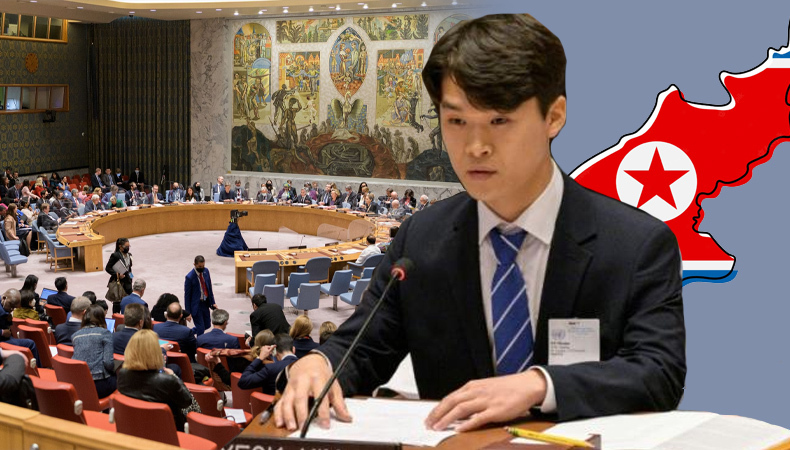North Korea blasted at UN Security Council for deteriorating living conditions and human rights amid arms buildup

The Democratic People’s Republic of Korea was accused of investing heavily on its weapons programme while its citizens go hungry and lack basic rights at a recent UN Security Council hearing requested by the US.
Thursday’s hearing was the first in the Security Council on human rights in the DPRK in six years and came as the country has accelerated its testing of nuclear-capable missiles, elevating tensions across East Asia.
Volker Turk, the UN High Commissioner for Human Rights, raised concerns over North Korea’s worsening economic conditions and increasingly severe political repression, with extensive systematic human rights violations.
“Many of the violations . support the increasing militarisation of the DPRK,” he stressed. The UN official also highlighted the widespread use of forced labour, including by children, to support the country’s ability to build weapons.
Russia And China Call The Discussion Unconstructive
Most council members denounced the deterioration of living conditions and human rights in North Korea, which continues to live under strict sanctions imposed by the council and major countries over its nuclear arms programme.
Elizabeth Salmon, the UN Human Rights Office’s special rapporteur on North Korea, said Pyongyang’s policy is to prioritise resources for the military. People are constantly demanded to tighten their belts so the resources could be used to fund the weapons programme, she added.
A North Korean defector told the council he had been compelled to work in fields without compensation at a young age, with the grain they grew all sent to the military. The money spent on a single missile could feed them for three months, said Ilhyeok Kim.
While there was no delegate from DPRK present at the hearing, representatives from Russia and China said the discussion offered no solutions to reduce strategic tensions in the region, arguing it wasn’t the right place to review human rights issues in North Korea.




